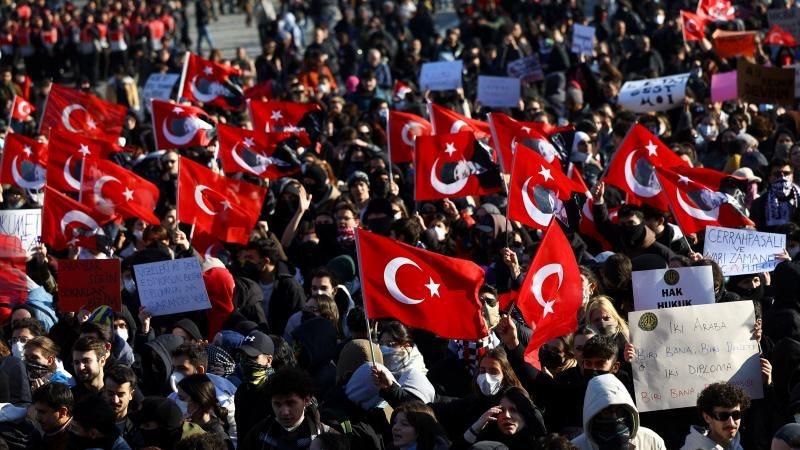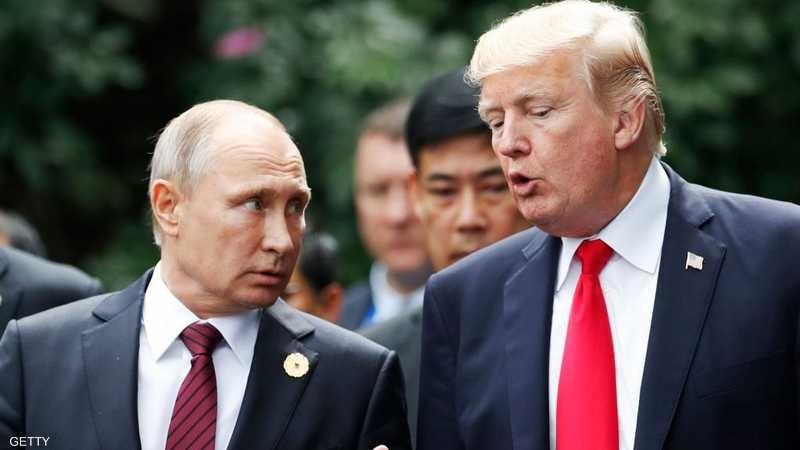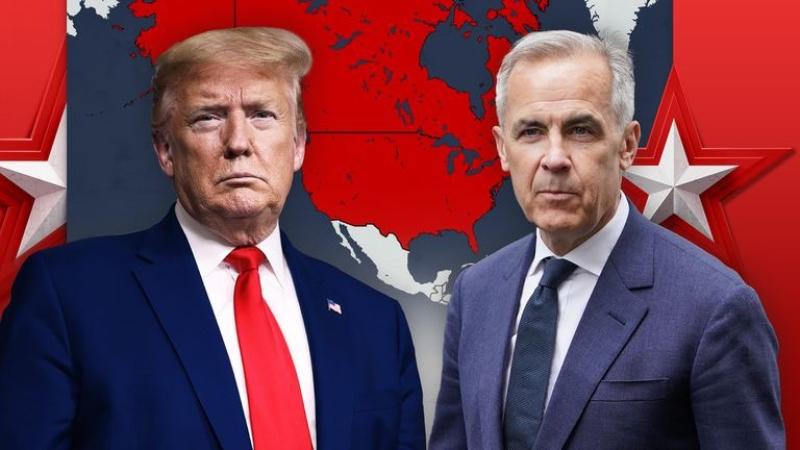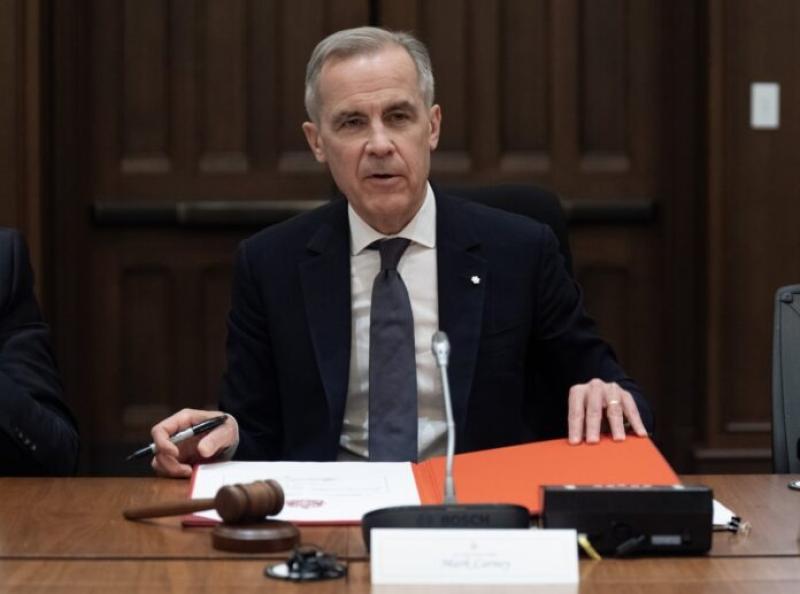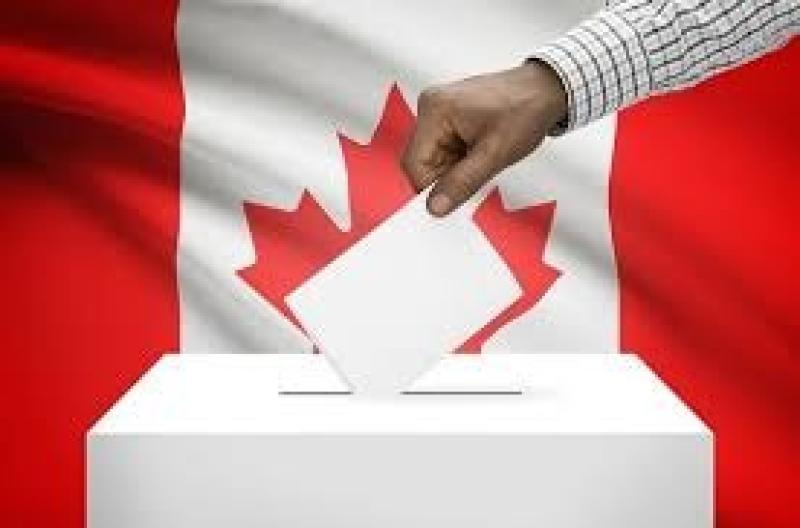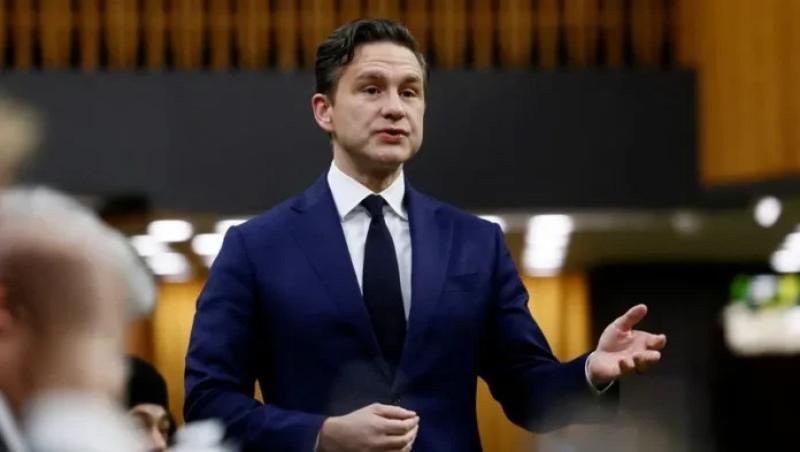Emad Barsoum writes: Oil in the Times of War (2)

On December 21, Pan Am flight 103, a Boeing 747 en route to New York City from London, exploded over Lockerbie, Scotland, by a bomb that was hidden in a suitcase (known later as the Lockerbie bombing). The incident was attributed to a terrorist attack planned and executed by Libyan intelligence. When the Libyan government refused to turn over the two accused intelligence officers for trial in Scotland, the United States and the Security Council of the United Nations imposed economic sanctions against Libya.
The prime aspect of the sanctions was the embargo on Libyan Oil, which is Libya’s only source of income, however and despite all the solidarity of the west and their full agreement on the condemnation of Libya, three Western European countries (Italy, Spain, and France) refused to include the Oil in the embargo, although they adopted and approved all other sanctions measures.
The reason simply was the large dependence on Libyan Oil in those three countries, mainly because of the lower cost of transportation since Libya and the three European countries are on the Mediterranean, and because most refineries in those countries are designed to use the Sweet Crude Oil produced in Libya, the highest quality of Oil.
Obviously, the countries that did not participate in boycotting Libyan Oil considered their supreme interest and the interest of their citizens at first. Indeed, the international community rejects any terrorist attack, and the accused parties must face justice and receive the appropriate punishment. However, those countries were logical and realistic by looking after their people first, and then they would support any other measures to bring the terrorists to justice.
History repeats itself; The United States and the United Nations are imposing economic sanctions against Russia for its war against Ukraine, however there are major losers by these sanctions in Europe, mainly Germany and France, due to their full dependence on the Russian Gas, thus leaving those countries in a huge quandary.
Nonetheless, the repercussions of the sanctions are not limited to direct impacts on those countries that deal directly with Russia. It is a very complicated and entangled circle of economic relations affecting the global economy. By imposing the sanctions, the prices of all other commodities and goods will increase significantly. Many food supplies will be deficient. The whole world will jump from the two years of economic stress that happened due to the Pandemic to other economic sufferings due to the Russian war on Ukraine.
Ironically, most nations that plea for full enforcement of sanctions are themselves suffering deeply from the ramifications of the sanctions
This clear and present dilemma between Politics, international affairs, warfare, and economic sanctions on one side and the social and human responsibility towards nations and its people, and their welfare and economic prosperity on the other side will always remain a question of power versus humanity, who is the winner and who is the loser!




